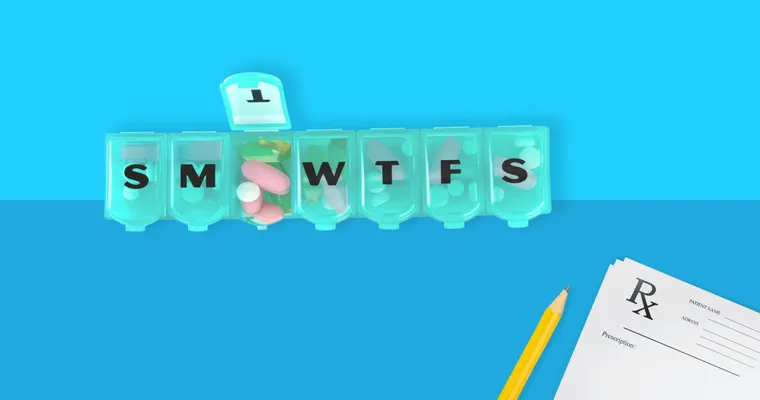As we age, our bodies undergo various changes that can complicate the process of finding the right "medications" and "dosages". For seniors, managing multiple prescriptions can lead to challenges in ensuring safety and efficacy. The unique physiological changes that occur with aging, along with the potential for "drug interactions", make it essential for both seniors and their caregivers to be vigilant when it comes to medication management.
One of the primary reasons why finding the right medications is tricky for seniors is the "diminished metabolic rate" that comes with age. This affects how medications are absorbed, distributed, metabolized, and excreted from the body. Consequently, a medication that may have been effective in younger years might require adjustments in dosage for older adults. Additionally, seniors often have coexisting medical conditions, leading to polypharmacy, which is the use of multiple medications. This increases the risk of "adverse drug reactions" and complicates the medication regimen.
Furthermore, cognitive decline is another significant factor. Seniors may struggle with remembering when to take their medications or understanding the importance of adhering to prescribed dosages. This can result in missed doses or taking more than the recommended amount, both of which can lead to serious health complications. Therefore, it is crucial to involve family members or healthcare professionals in the medication management process to ensure compliance and safety.
Healthcare providers play a vital role in helping seniors navigate their medication needs. Regular consultations and medication reviews can help identify unnecessary prescriptions and optimize treatment plans. It is essential for seniors to maintain open communication with their doctors about all medications they are taking, including over-the-counter drugs and supplements. This transparency can help prevent harmful "drug interactions" that may arise from combining various medications.
In addition to professional guidance, technology can also aid seniors in managing their medications. Pill organizers, reminder apps, and telehealth services can provide valuable support in adhering to medication schedules. These tools not only help seniors remember their dosages but also empower them to take an active role in their health management.
Ultimately, finding the right medications and dosages for seniors is a collaborative effort that involves healthcare providers, caregivers, and the seniors themselves. By staying informed about their medications and actively participating in their healthcare decisions, seniors can improve their health outcomes and quality of life. The journey may be tricky, but with the right resources and support, it is possible to navigate the complexities of medication management effectively.





